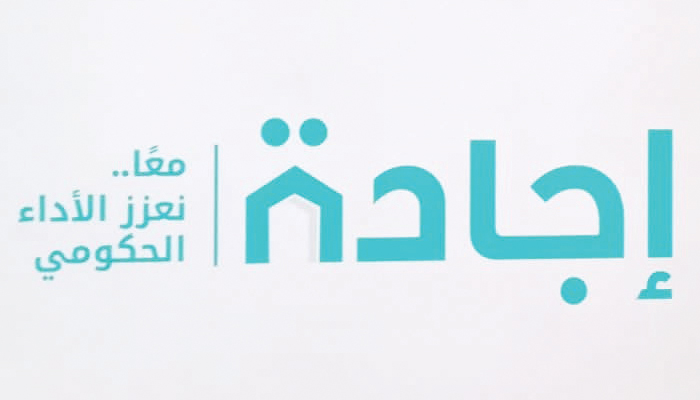
Muscat: Oman’s Ministry of Health began rolling out on Sunday the new employee evaluation system, which takes into consideration individual performances and efficiency while assigning promotions and pay rises to staff.
The adoption of the system, titled “Ejada” in Arabic, comes within the framework of Oman Vision 2040, the country’s long-term plan to boost economic diversification, create sustainable employment opportunities, and good standards of living for all.
“The system will contribute to achieving Oman’s Vision 2040, improving the quality of services provided to individuals and institutions in a way that enhances the community’s confidence in the institution in providing high quality healthcare at all levels,” said the Ministry of Health in a statement.
“The Ejada system will help teams complete their annual operational plans, enhance employee affiliation, and maintain competitiveness,” they added. “This system will further enhance the return on investment in human capital. Additionally, Ejada evaluates the performance of employees, defining their tasks clearly, and establishing harmony between the organisation and employee’s plan.”
Other benefits brought about by the new evaluation system include increased transparency in employee roles, linking incentives and rewards to the quality of work, and easier follow-ups between employees and supervisors, particularly when it comes to performance assessments.
The implementation of Ejada comes under the Royal orders of His Majesty Sultan Haitham Bin Tarik, and concerns improving the efficiency of the state’s administrative apparatus.
Present at the launch of the evaluation programme at the Ministry of Health were Dr Ahmed bin Mohammed Al Saidi, the Minister of Health, and the Undersecretary of Administrative, Financial, and Planning Affairs.
Also present were a number of senior ministry officials, and the Ejada team responsible for rolling out the software. To educate ministry employees about how the new system functions, many workshops have been held for government staff.
Ejada aims to build a culture of proficiency in job performance, and is supervised by the Ministry of Labour. The system, when fully rolled out, will cover 57 civil units of government infrastructure, including more than 175,000 employees.
A Ministry of Labour official had previously explained how employees would be evaluated under the new system.
“The measurement of an individual’s performance is based only on the extent to which they have accomplished the tasks entrusted by their employer during a specific pre-determined period, according to the goals or plans that was approved or drawn up to achieve them every year,” explained the ministry official. “Performance evaluations will be done regardless of existing parameters, such as attendance, departure and behaviour at work at the beginning of applying this system,” he explained.
“The numbers of years they have in terms of experience will not be considered, either in terms of incentives, promotions, rewards, or job opportunities.”
“What will be looked at is an employee’s performance in terms of the excellent nature of their work, their creativity, employee productivity, and how they have achieved the tasks entrusted to them,” he went on to say. “All promotions, bonuses, and incentives will be based on these factors.”